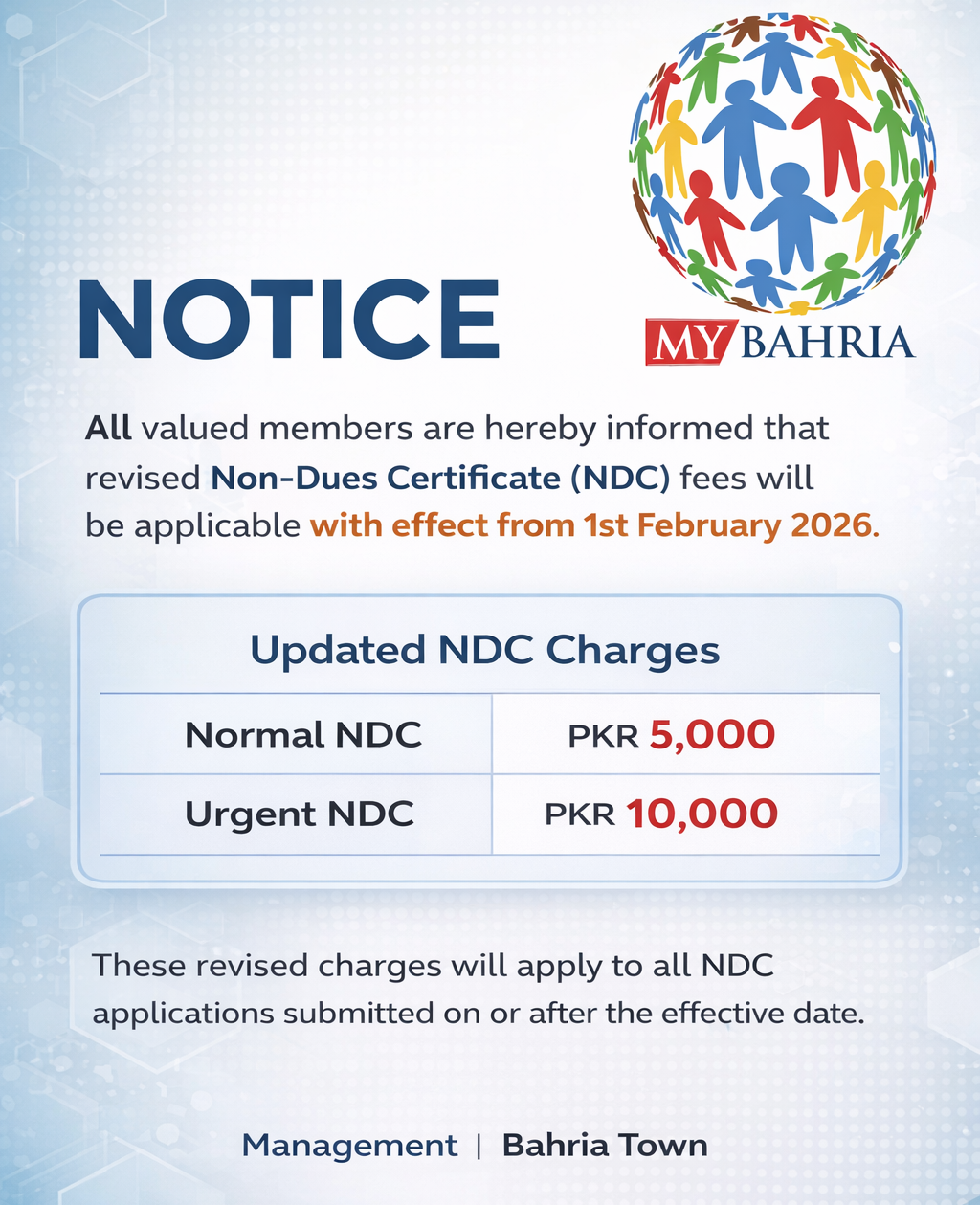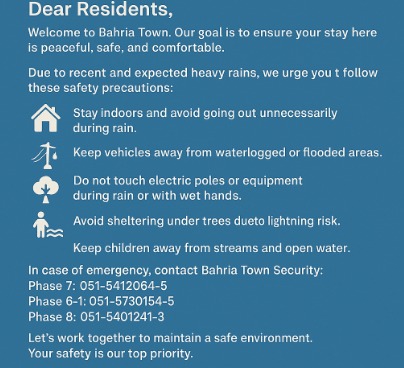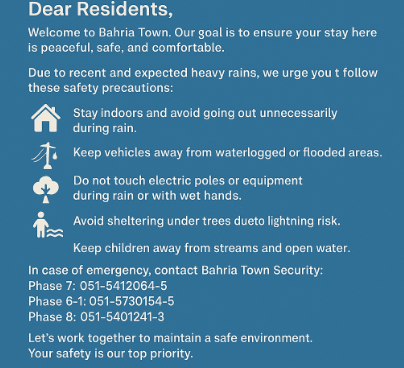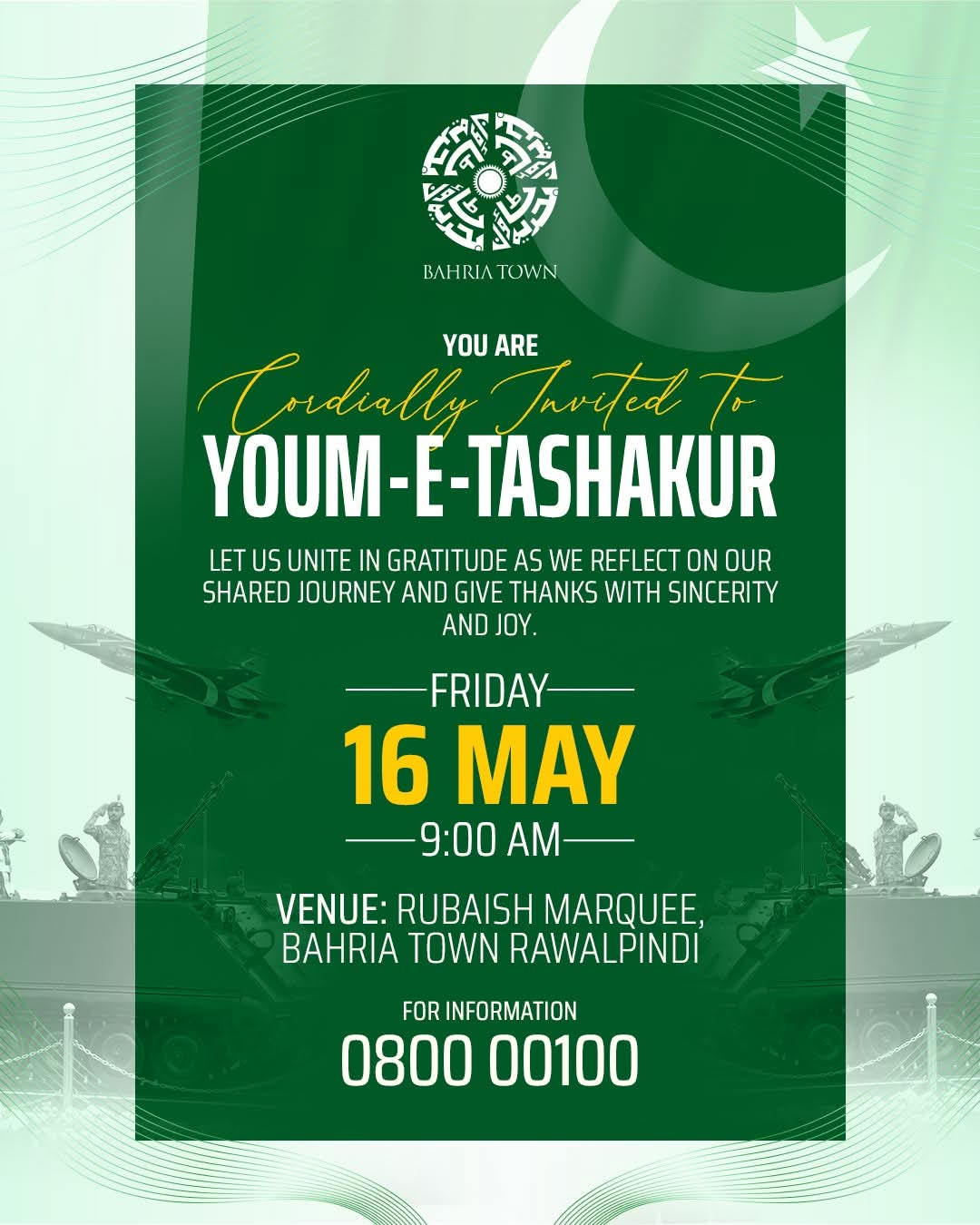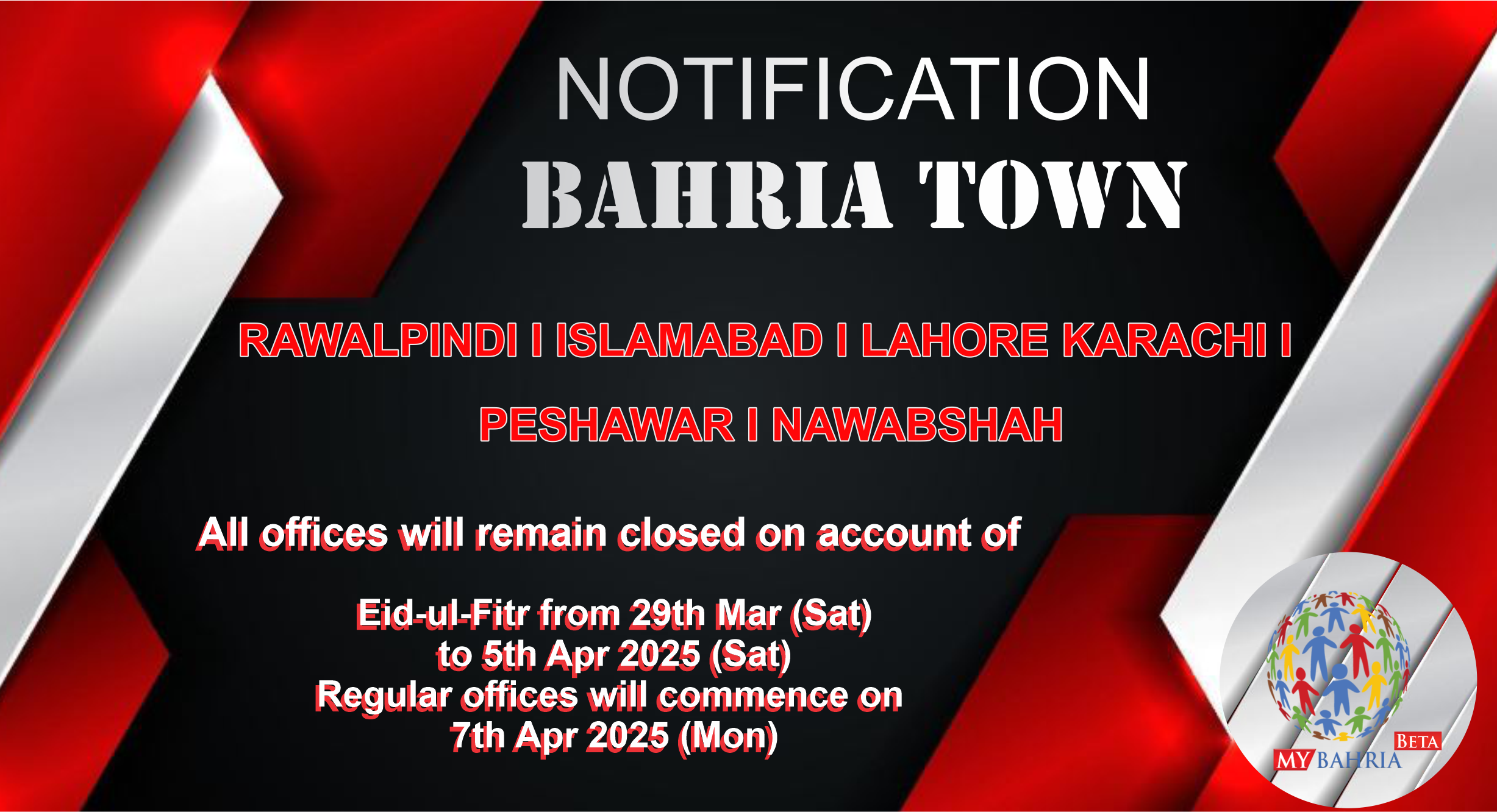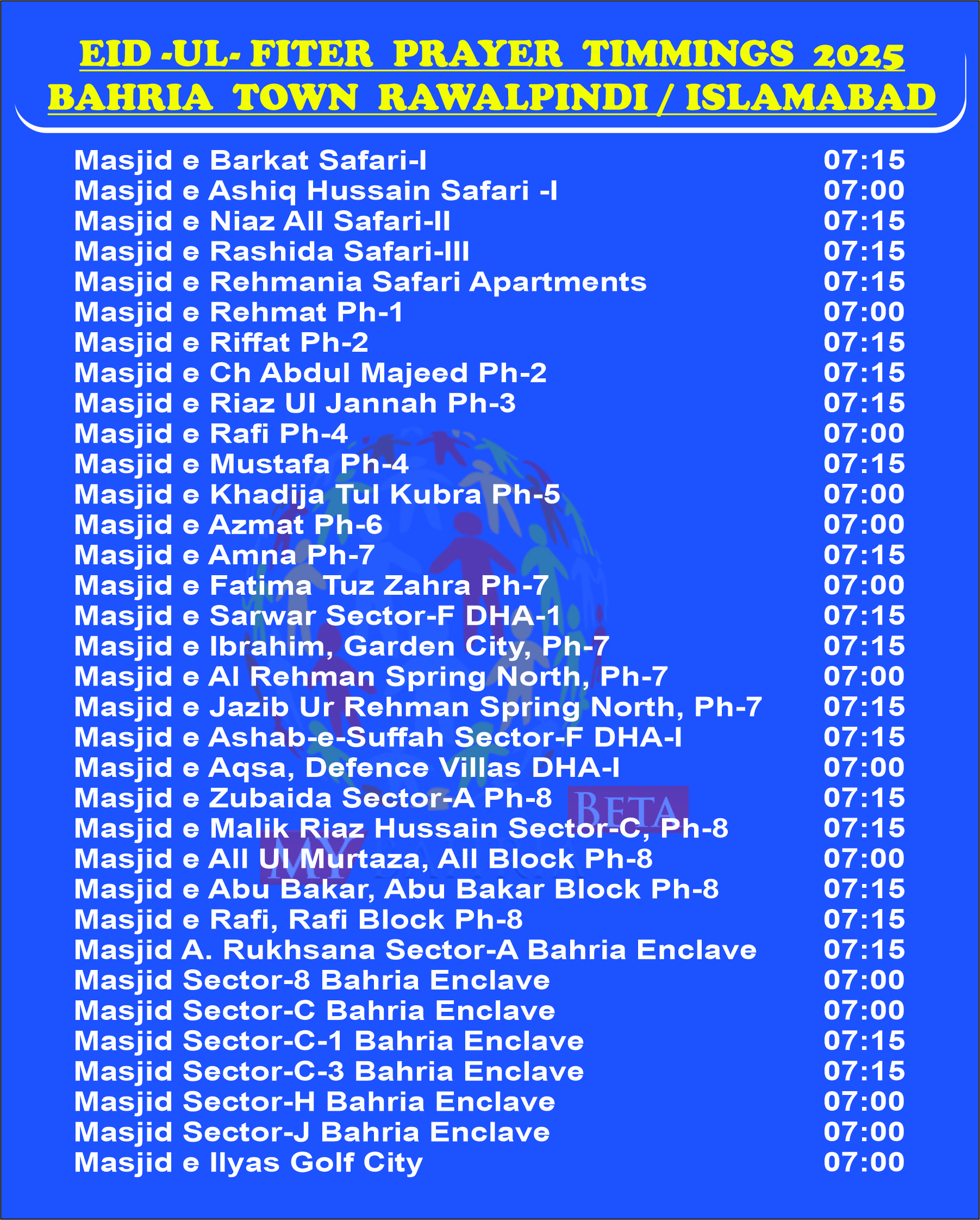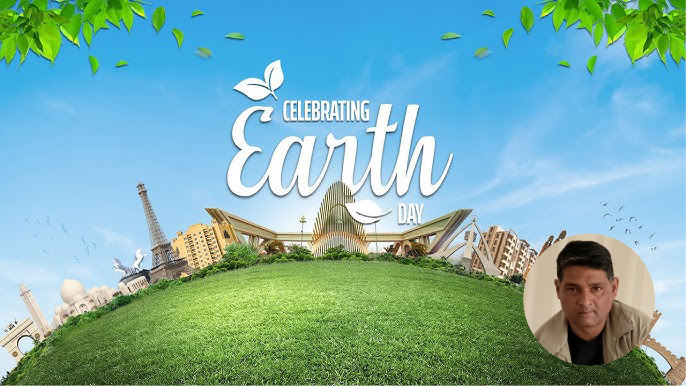
Eid ul-Fitr: A Celebration of Faith, Gratitude, and Unity
Eid ul-Fitr, also known as "the Festival of Breaking the Fast," is one of the most important and widely celebrated holidays in the Islamic world. It marks the end of Ramadan, the holy month of fasting, prayer, and reflection, and is a time for Muslims to come together in celebration, community, and gratitude.
Eid ul-Fitr, which translates to "Festival of Breaking the Fast," signifies the conclusion of Ramadan, a month during which Muslims observe fasting from dawn to sunset. Ramadan is a time for self-discipline, spiritual reflection, and increased devotion to God (Allah). Fasting is one of the Five Pillars of Islam, and through it, Muslims seek to purify themselves spiritually and physically while deepening their connection to Allah.
The date of Eid ul-Fitr varies each year as it is based on the Islamic lunar calendar, which is shorter than the Gregorian calendar. The holiday begins when the new moon is sighted, signaling the end of Ramadan and the start of Shawwal, the tenth month of the Islamic calendar.
The Spiritual Significance of Eid
Eid ul-Fitr is a time of joy and thanksgiving. After a month of fasting, prayers, and self-reflection, Muslims come together to celebrate the strength they have gained through their acts of worship and devotion. It is a day to express gratitude to Allah for the strength, patience, and blessings granted during Ramadan. Additionally, it is a moment to renew one’s commitment to living a righteous life and to seek forgiveness for past mistakes.
The spiritual significance of Eid goes beyond the individual. It is a day of communal unity, where families, friends, and neighbors gather to share in the joy of the occasion. Muslims often visit the mosque to perform a special prayer known as the Salat al-Eid, which is offered in congregation. This prayer symbolizes unity and equality, as everyone, regardless of social status, wealth, or background, stands side by side in worship.
Traditions and Customs
Eid ul-Fitr is not only a time for spiritual reflection but also for joyous celebrations and vibrant customs. Here are some common traditions associated with the holiday:
-
Charity (Zakat al-Fitr): Before the Eid prayer, Muslims are required to give a specific form of charity called Zakat al-Fitr (or Fitrana). This charity is meant to help those in need, ensuring that everyone, regardless of their financial status, can join in the celebrations. It is an act of compassion and a way to purify the fast.
-
Eid Prayers: On the morning of Eid, Muslims gather in mosques or open fields for a special prayer service. The prayer is often followed by a sermon, and the worshippers listen attentively to words of guidance, encouragement, and hope.
-
Feasts and Family Gatherings: Eid ul-Fitr is a time to come together with loved ones and share a festive meal. After a month of fasting, food takes on special significance, and families often prepare delicious meals featuring traditional dishes. In many Muslim cultures, sweets, such as baklava, kheer, and ma'amoul, are commonly served.
-
New Clothes and Gifts: It is customary for Muslims to wear new clothes on Eid as a way to mark the occasion. These clothes are often bright and colorful, symbolizing the joy and festivity of the day. Children, in particular, look forward to receiving gifts and Eidi (money or treats given to children).
-
Visiting Family and Friends: On Eid, visiting family, friends, and neighbors is a cherished tradition. People exchange greetings such as “Eid Mubarak” (Blessed Eid) or “Eid Sa'id” (Happy Eid), and share meals and warm moments of connection. It is also a time to forgive past grievances and reconcile with others, strengthening bonds within the community.
Eid Around the World
Eid ul-Fitr is celebrated with unique traditions and customs in different parts of the world, reflecting the diverse cultures within the Muslim community. In some countries, such as Saudi Arabia and Egypt, grand public celebrations are held, while in others, like Indonesia or Turkey, elaborate street festivals and cultural performances are part of the festivities. Despite the differences, the core message of Eid remains the same: gratitude, unity, and compassion.
In Muslim-majority countries, Eid is a public holiday, and the entire nation typically participates in the celebrations. However, even in non-Muslim-majority countries, Muslims gather in mosques, community centers, and homes to observe the day’s prayers and celebrations.
The Spirit of Eid: More Than Just a Celebration
At its heart, Eid ul-Fitr is about much more than festive meals and new clothes; it is a day that encapsulates the values of Islam—gratitude, charity, unity, and compassion. It reminds Muslims of the importance of giving back to the community, nurturing relationships, and continuing on the path of spiritual growth. The holiday is not just an end to the fasting period but also a reminder of the spiritual renewal that comes from fasting and seeking closeness to Allah.
Eid ul-Fitr also encourages Muslims to carry the lessons learned during Ramadan into their everyday lives. The self-discipline, patience, and empathy cultivated throughout the month should continue beyond Eid, serving as a guide for a more fulfilling, balanced, and peaceful life.
Conclusion
Eid ul-Fitr is a joyous occasion that celebrates faith, family, and unity. It marks the end of a month of self-discipline, reflection, and devotion, and is a time for Muslims to come together in worship, gratitude, and celebration. With its rich traditions and customs, Eid ul-Fitr serves as a powerful reminder of the importance of compassion, charity, and community. As Muslims around the world come together to break their fasts and celebrate this special day, they reflect on the blessings of Ramadan and look forward to continuing their journey of spiritual growth and unity.
